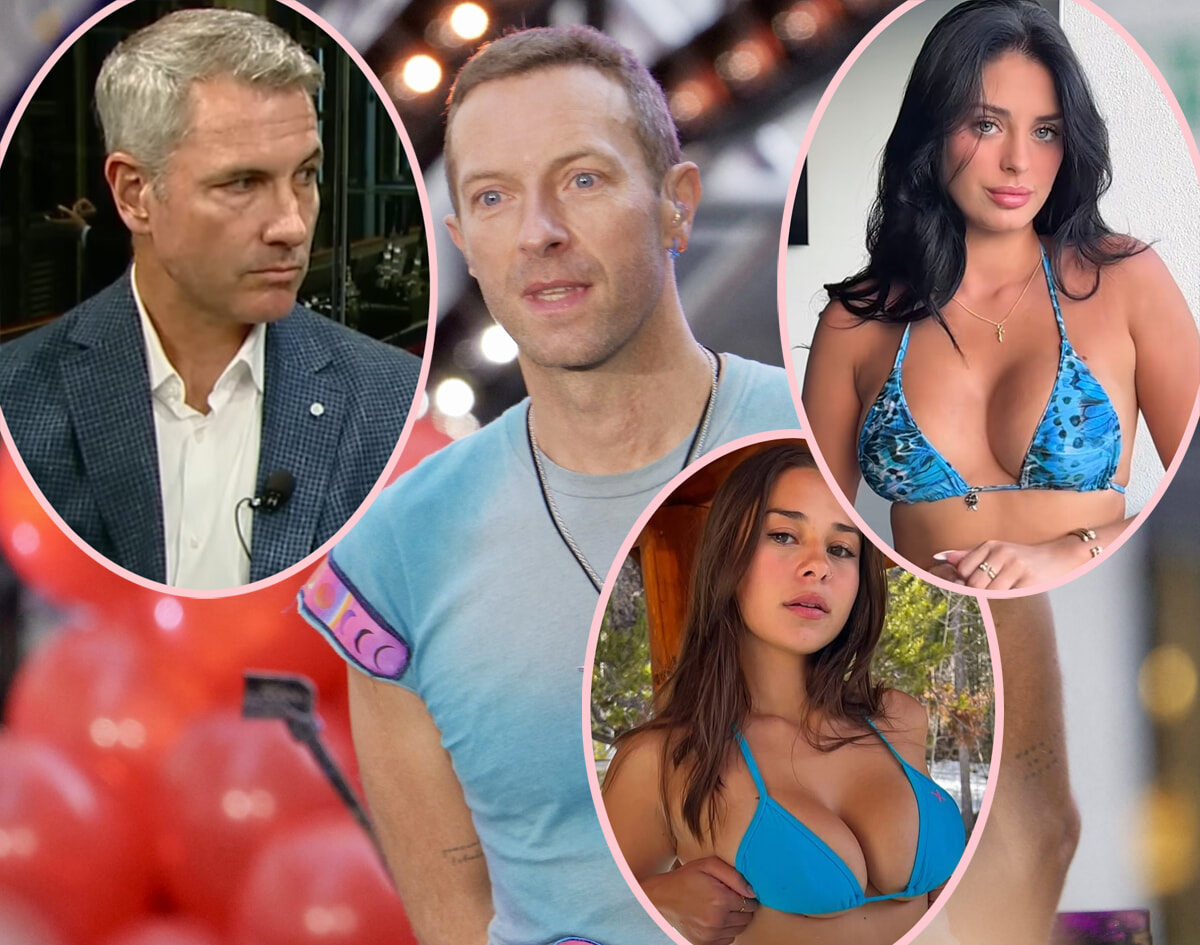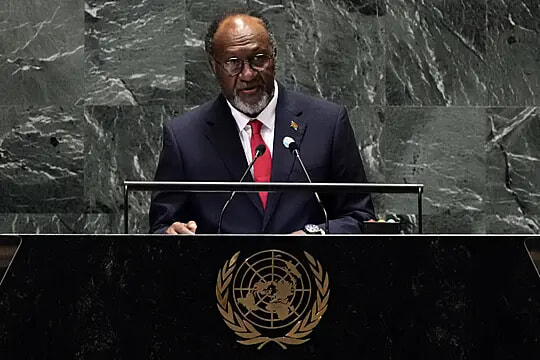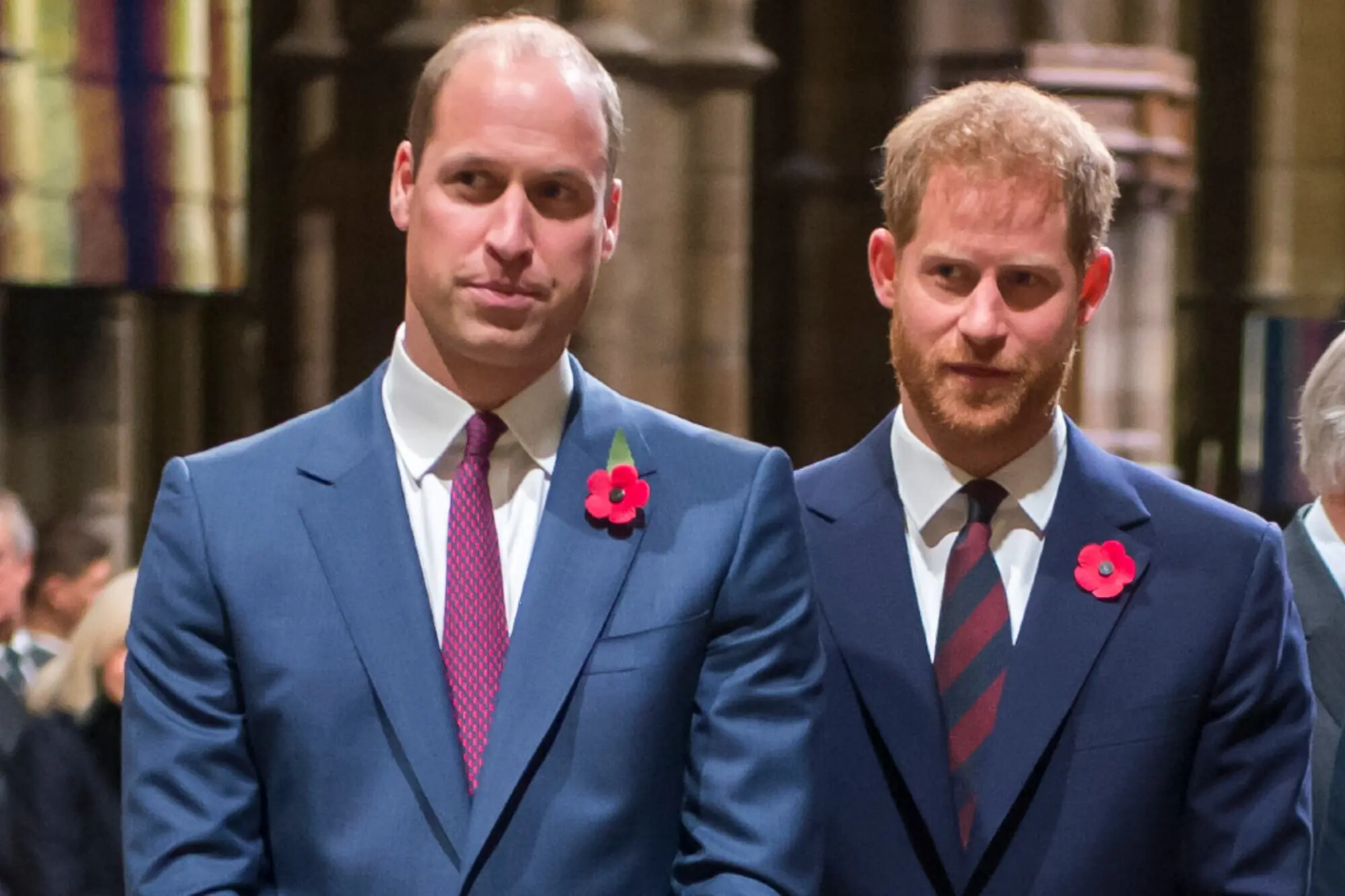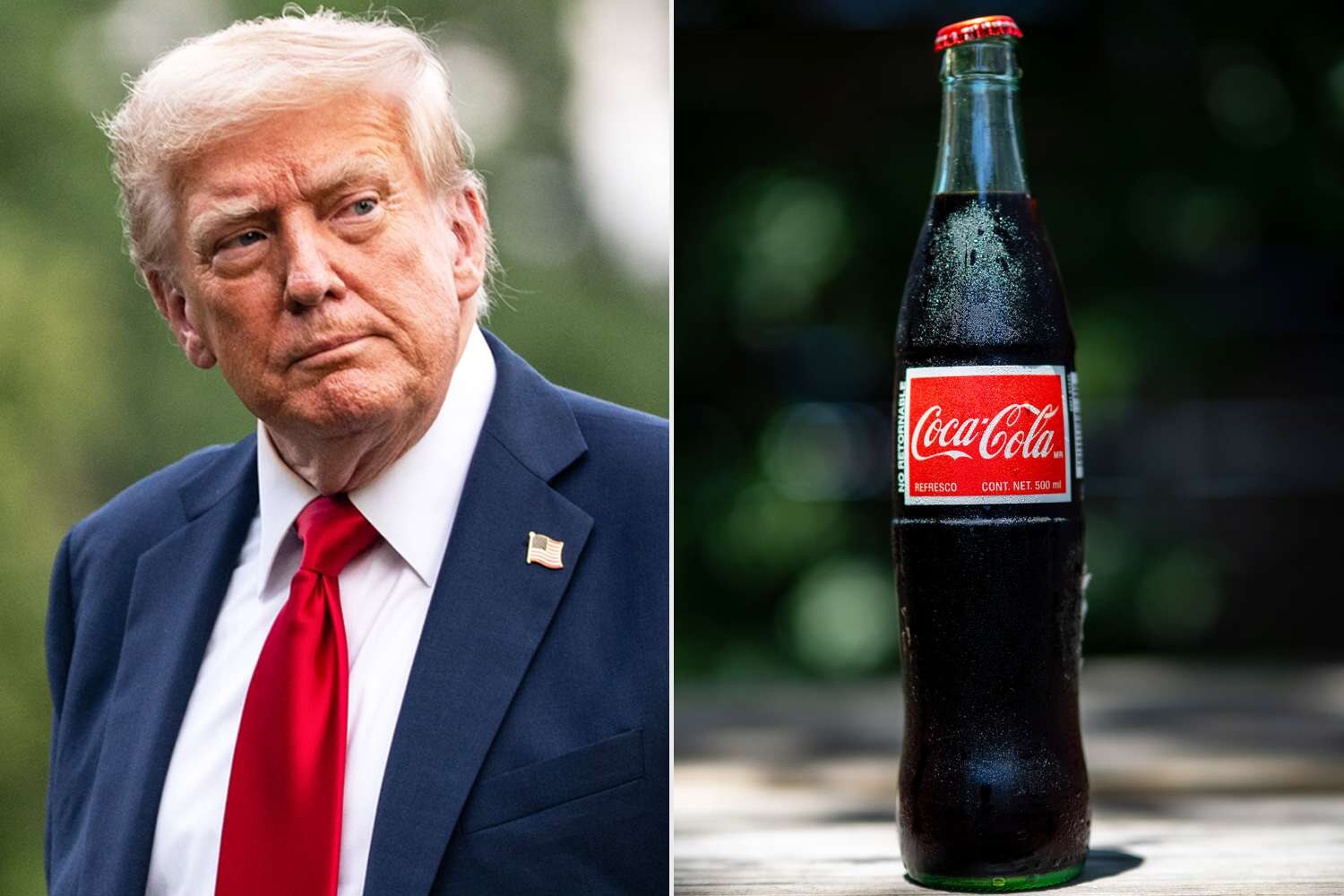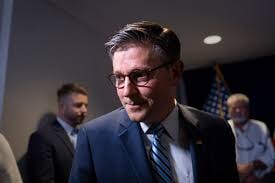
Disney is Reportedly Planning a Full Reboot of "Indiana Jones"... Here We Go Again
Do we need this?
Published July 7, 2025
Advertisement
Advertisement
1. The End of an Era

For over forty years, Indiana Jones has stood as one of cinema’s most iconic heroes, thrilling generations with globe-trotting adventures, legendary treasures, and a style all his own.Launched in 1981 with "Raiders of the Lost Ark," the franchise delivered four sequels, a prequel TV series, video games, comics, and a web of cultural influence unmatched by most movie characters.But the 2023 release of "Indiana Jones and the Dial of Destiny" marked a turning point for the series, as the film’s disappointing box office returns and divisive reception signaled that audiences may be ready to move on.Harrison Ford, forever linked to the role, brought his trademark grit and humor to the final chapter, but critics and fans alike acknowledged the toll of time and the character’s visible age.The studio’s efforts to introduce new characters and potential successors failed to capture the magic, and even director James Mangold admitted that viewers struggled to see their beloved hero in his twilight years.As the dust settled, Disney and Lucasfilm were left with a storied property whose future seemed uncertain, caught between nostalgia and the realities of blockbuster filmmaking.The financial loss on "Dial of Destiny" was staggering, with an estimated $134 million lost and an eye-watering $329 million production budget.Yet the legend of Indiana Jones endures, and both industry insiders and fans agree: this is not the end for Indy, but merely the closing of a significant chapter.Hollywood rarely lets its most valuable icons rest for long, especially when there are still stories to tell and audiences eager for adventure.Rumors of a reboot began circulating almost immediately, igniting fierce debate over what comes next for one of cinema’s greatest explorers.
Advertisement
2. Disney’s Pause

In the wake of "Dial of Destiny," Disney and Lucasfilm made the rare decision to let Indiana Jones rest—a calculated pause before the franchise’s inevitable return.Industry watchers noted that the decision was driven by more than just the box office; it reflected the complicated legacy of a property that shaped blockbuster filmmaking but now risked overexposure.The DisInsider, a reliable source for Disney leaks, reported that the studio would "let the franchise rest for a bit before they do a full reboot," with an official announcement possibly coming at the next D23 Expo.Executives recognize that Indy is too valuable and beloved to leave dormant forever, especially given Disney’s ongoing quest to mine nostalgia while expanding its slate of recognizable IP.Behind the scenes, shifts in leadership at both Lucasfilm and Disney—most notably the expected departure of Kathleen Kennedy and Bob Iger in 2026—have set the stage for a strategic reassessment.The reboot is not merely about recasting a lead; it’s a gamble on redefining what Indiana Jones can be in an era dominated by streaming, global franchises, and rapidly shifting fan expectations.Fans and critics alike have raised questions about whether the spirit of Indiana Jones can survive the loss of Ford or thrive under a new creative vision.The uncertainty is palpable, with some longing for a return to the franchise’s pulp roots, others fearing another soulless remake, and nearly everyone speculating about the next face beneath the fedora.Lucasfilm’s approach seems to be one of caution, learning from the missteps of "Dial of Destiny" and the fatigue that can accompany relentless reboots.Resting the brand now gives Disney a chance to gauge fan sentiment, avoid backlash, and plan a comeback that honors the character’s legacy without simply repeating the past.The world waits—apprehensive but undeniably curious—to see how Indiana Jones will be reinvented for a new generation.
Advertisement
3. Box Office Lessons

If the original Indiana Jones trilogy defined the modern adventure film, the last two entries—"Kingdom of the Crystal Skull" and "Dial of Destiny"—offered sobering lessons on the perils of nostalgia-driven filmmaking."Kingdom of the Crystal Skull" arrived in 2008 with a mix of anticipation and skepticism, ultimately dividing fans with its 1950s setting, digital effects, and outlandish plot choices.The movie managed to gross more than $790 million worldwide, but its reception planted seeds of doubt about the wisdom of resurrecting aging heroes in a changing cinematic landscape.By the time "Dial of Destiny" arrived fifteen years later, the world had moved on, and so had the expectations of blockbuster audiences.Despite a massive budget and the return of Harrison Ford, the film’s performance fell short, earning only $384 million globally and generating heated debate about the character’s place in a new era.Studio leaders faced hard truths: even the greatest icons cannot outrun time, and what once felt timeless can easily feel outdated or forced in the wrong creative hands.Director James Mangold’s attempts to address Ford’s age were met with mixed results, and the prospect of passing the torch to a new generation—via Phoebe Waller-Bridge’s character—failed to connect with longtime fans.The lesson is clear: nostalgia alone cannot guarantee box office success, and a beloved franchise must evolve if it hopes to endure.For Disney, the losses were both financial and reputational, raising existential questions about how to manage classic properties in an era when audience loyalty can no longer be taken for granted.In the aftermath, discussions of a reboot became not just possible, but necessary, as the only way to keep the spirit of adventure alive for a new generation.
Advertisement
4. Searching for a New Indy

Few cinematic challenges are more daunting than recasting a role as indelible as Indiana Jones—a character so intertwined with Harrison Ford’s persona that any replacement will inevitably draw scrutiny.Fans immediately took to social media to share their dream castings, with one name rising above the rest: Pedro Pascal, the acclaimed star of "The Mandalorian," "The Last of Us," and the upcoming "Fantastic Four."Viral fan art featuring Pascal in Indy’s iconic hat and jacket swept the internet, prompting both excitement and controversy, with opinions ranging from enthusiastic endorsement to outright hostility.Other names in the mix include Glen Powell, Chris Pratt, Bradley Cooper, Ryan Gosling, and even Alden Ehrenreich, who previously portrayed a young Han Solo for Lucasfilm.Supporters argue that Pascal brings the perfect balance of grit, charisma, and vulnerability, while skeptics worry that his ubiquity in genre franchises could undermine the distinctiveness of Indy.The studio faces a delicate balancing act: choosing an actor who can capture the essence of the character without merely mimicking Ford’s mannerisms or alienating longtime fans.Industry observers recall the mixed results of recasting Han Solo, noting that even a solid performance cannot always overcome audience reluctance to accept a new face in a beloved role.Yet there is precedent for success: James Bond, Batman, and Spider-Man have all thrived through multiple reinventions, provided the casting and creative vision are compelling.Ultimately, the next Indiana Jones must appeal to both nostalgic fans and new viewers, making the search for the right lead perhaps the most critical—and contentious—step in the reboot process.The debate shows no signs of abating, and until an announcement is made, every rumor and suggestion will continue to fuel speculation and heated discussion.
Advertisement
5. Nostalgia

As Disney weighs its options, the tension between honoring the past and reinventing for the future looms large over the Indiana Jones reboot.The first three films are revered for their blend of classic adventure, practical effects, and Spielbergian charm—a formula that many argue cannot be replicated with CGI or formulaic blockbuster tropes.Some voices call for a return to the franchise’s roots: pulpy, serialized storytelling, globe-spanning mystery, and the authentic danger that made Indiana Jones a touchstone for adventure cinema.Others advocate for bolder risks, suggesting new settings, diverse casts, or even a streaming series that could explore the character’s backstory and wider mythology.Notably, franchise writer David Koepp floated the idea of a serial adventure on streaming platforms, envisioning a show with season-long arcs and a fresh approach to the character.The possibility of an adult Short Round series, led by Oscar-winner Ke Huy Quan, or a story focusing on a new archaeological prodigy, reflect the appetite for innovation among both creators and fans.At the same time, there is widespread anxiety about "watering down" what makes Indiana Jones special—fears that endless reboots could turn an icon into a caricature.Lucasfilm’s recent track record, particularly with "Star Wars," has been cited as both a warning and a blueprint, showing the rewards and pitfalls of expanding a cherished universe.Striking the right balance—preserving the spirit of Indy while pushing the franchise into uncharted territory—will be the defining challenge for the next creative team.Whether Disney opts for a faithful homage or a radical reimagining, one thing is certain: expectations could not be higher, and the stakes have never been greater for this beloved saga.
Advertisement
6. The Fans Divide

The prospect of a new Indiana Jones has exposed deep rifts within the franchise’s passionate fanbase, with reactions to every rumor, casting suggestion, and creative proposal running the gamut from ecstatic to outraged.For many, Indiana Jones is sacred ground—an untouchable relic of their childhood, defined by Harrison Ford’s unmistakable blend of swagger and heart.Others are more open to change, eager to see the character evolve and appeal to a generation raised on Marvel, Star Wars, and the ever-expanding world of streaming entertainment.Social media debates have been fierce, with viral posts, photoshopped posters, and heated threads debating whether any actor—Pedro Pascal, Glen Powell, Chris Pratt, or otherwise—could ever fill Ford’s boots.Some fear a new Indy would be yet another casualty of Hollywood’s obsession with "woke" remakes or formulaic reboots, while others see an opportunity for meaningful reinvention and diversity.Even within the industry, opinions vary: some creators advocate for a complete reset, while others favor incremental changes or anthology-style explorations of the Indiana Jones mythos.The fan response has been shaped by recent disappointments, including the lukewarm reception to "Kingdom of the Crystal Skull" and "Dial of Destiny," as well as divisive trends in modern blockbusters.There is also genuine curiosity about how a new creative team might revive the sense of wonder, danger, and discovery that made the original trilogy endure.Regardless of where they stand, fans agree on one point: any reboot will be scrutinized intensely, and the margin for error is razor thin.As anticipation builds, the conversation around Indiana Jones remains as lively and contentious as ever—a testament to the character’s enduring power and the deep emotional investment he inspires.
Advertisement
7. Industry Skepticism and...Hope

Within Hollywood, the Indiana Jones reboot is seen as both an enormous opportunity and a daunting risk, with studio executives, directors, and writers weighing in on how best to move forward.The failure of "Dial of Destiny" was not just a commercial disappointment; it was a wake-up call for an industry struggling to balance franchise fatigue with the insatiable demand for familiar brands.Insiders stress that success will depend on assembling a top-tier creative team, with names like Sam Mendes and Denis Villeneuve floated as potential directors who could bring gravitas and vision to the project.Writers and producers point to the enduring appeal of adventure stories, arguing that a well-crafted Indiana Jones film could tap into the same sense of escapism and heroism that fueled the original trilogy.There is cautious optimism that the right blend of new talent, respect for tradition, and innovative storytelling could restore the franchise’s luster and reconnect with audiences burned out on lackluster reboots.At the same time, skepticism runs deep, fueled by recent missteps with major IP, inconsistent leadership at Lucasfilm, and the high-profile failures of similar reboots in the action-adventure genre.Many urge Disney to avoid simply copying past successes or relying on tired formulas, emphasizing the need for authenticity, risk-taking, and a clear, compelling vision for the future.Others advocate for a longer hiatus, arguing that the brand needs more time to recover from recent misfires and to avoid alienating its core fanbase with rushed or poorly conceived projects.In the end, the industry’s perspective is shaped by both pragmatism and passion, as creatives recognize the unique challenge—and the rare privilege—of reimagining a legend.As the reboot rumors swirl, one thing is certain: the eyes of Hollywood will be watching closely, hoping that lightning can strike twice for Indiana Jones.
Advertisement
8. Video Game Resurgence

Amid all the turmoil surrounding the film franchise, Indiana Jones has found renewed life and relevance in the world of video games—a medium uniquely suited to the character’s spirit of exploration and action.The release of "Indiana Jones and the Great Circle," a first-person action-adventure set between "Raiders of the Lost Ark" and "The Last Crusade," has been a surprise hit, earning strong reviews and reigniting excitement for the brand.Developed by MachineGames and set in diverse locales like Vatican City, Thailand, Egypt, and China, the game captures the sense of global adventure and peril that defined Indy’s greatest big-screen moments.Critics and fans alike have praised the game’s writing, voice acting, and immersive gameplay, highlighting its success in channeling the series’ unique blend of history, mythology, and swashbuckling action.For Disney and Lucasfilm, the success of "The Great Circle" serves as a potent reminder that Indiana Jones remains a powerful cultural force, capable of resonating across media and generations.The game’s popularity has spurred speculation about future adaptations, with some suggesting that elements from the game could inspire the tone and direction of the film reboot.It also demonstrates that audiences are eager for new Indy stories—so long as they capture the character’s essence and sense of wonder.The positive response to "The Great Circle" provides a valuable template for the franchise’s future, underscoring the importance of authenticity, creativity, and respect for the brand’s roots.As the next generation of fans discovers Indiana Jones through gaming, the property’s enduring appeal and adaptability become even more apparent.In a landscape dominated by streaming and shared universes, the video game resurgence may prove to be the key to Indy’s cinematic revival.
Advertisement
9. What Comes Next

As the rumor mill churns and speculation mounts, all signs point toward a formal announcement about the future of Indiana Jones at Disney’s next D23 Expo.Industry sources say that Lucasfilm is finalizing plans for a "full reboot," with the only certainty being that Harrison Ford will not be returning to the role he made immortal.Creative options are reportedly wide open, from big-screen spectacles to serialized streaming adventures, anthology formats, and even bold new takes on the character’s mythology.The choice of director, writer, and above all, the new lead, will be crucial—determining whether the reboot is embraced as a worthy continuation or rejected as a cynical cash-in.Fans are watching every move, dissecting casting rumors, debating narrative directions, and lobbying for their favorite actors and creative teams.There is widespread agreement that Disney cannot afford another misstep; the next Indiana Jones must deliver both as entertainment and as a tribute to the legacy of the original films.Analysts expect the studio to play it safe, but there is hope that a visionary approach could reinvigorate the franchise and introduce Indy to audiences who missed the character’s golden age.The stakes are immense: Indiana Jones is not just a franchise, but a piece of film history, with a place in the hearts of millions around the world.As the countdown to D23 continues, the question is no longer whether Indy will return, but how—and whether the magic can be recaptured in a new era.For now, the world waits, the whip coiled and the hat hanging on the rack, ready for the next adventure.
Advertisement
10. Legacy

Rebooting Indiana Jones is more than a business decision—it’s a cultural moment, freighted with the expectations, anxieties, and hopes of fans, creators, and studio executives alike.The character has survived and thrived across decades, mediums, and generational divides, becoming a symbol of daring, curiosity, and the enduring power of great storytelling.Every decision, from casting to tone to narrative direction, will be measured against a legacy built on Spielberg’s vision, Ford’s indelible performance, and the memories of countless moviegoers.The reboot will have to navigate a minefield of nostalgia, skepticism, and creative ambition, delivering not just another adventure, but a new reason for audiences to care.Success will require more than flashy effects or a famous name—it will demand a true understanding of what made Indiana Jones great in the first place: heart, humor, intelligence, and the thrill of the unknown.For Lucasfilm and Disney, the path forward is fraught with challenges, but the rewards—both financial and cultural—are undeniable if they get it right.Fans, meanwhile, are left to wonder whether lightning can strike again, or whether Indiana Jones, like so many heroes before him, will become a relic of the past.Yet even in uncertainty, there is excitement—a sense that, with the right vision, Indy can once again inspire audiences to dream, explore, and believe in the extraordinary.The coming years will determine whether Indiana Jones remains a living legend or becomes a treasured memory, another chapter in the story of modern cinema.One thing is certain: adventure never ends for those bold enough to chase it, and the world is watching as Indiana Jones prepares to ride again.
Advertisement
Advertisement
You May Also Like

